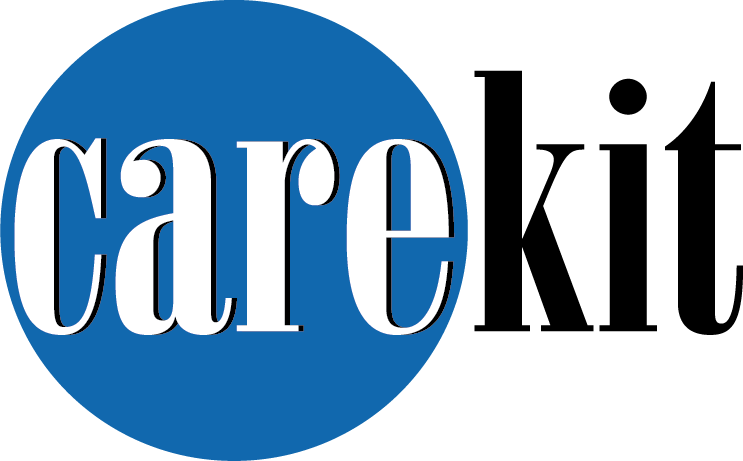Care Kit is evidence-based patient education. Health care professionals rightly insist on evidence-based content. Care Kit has:
(1) Used evidence from four fields of research for its instructional design and then,
(2) Collected evidence that its instructions reduce readmissions, ER use and length of stay.
Evidence for the inputs. Care Kit relies on 4 bodies of research for materials development:
- Health Literacy. There is increasing awareness of the need for “Plain Language.”
- Semiotics. Many health care professionals are not aware of the evidence as to which graphic elements and illustration styles communicate best to low-literacy populations.
- Linguistic Pragmatics. This area of research examines the gap between what a writer intends to say and what the reader perceives.
- Ethnography. Care Kit does original ethnographic research on patients. Care Kit researchers visit patients in their homes to observe them attempting to carry out self care. Care Kit’s 5-year database, representing thousands of hours, details patterns of misunderstanding and difficulties patients have following typical self care instructions.
Evidence in the outcomes. Care Kit has tested health care professionals’ instructions against its own evidence-based instructional design in controlled studies. The clinical content of the Control Group’s instructions is the same as the Care Kit Group’s. The only difference is the instructional design. These studies are not surveys or focus groups of patient opinion, but actual demonstrations of quality improvements. Care Kit instructions produce statistically significant results: reduced readmissions, ER visits and length of stay.
Measuring the quality of patient education by outcomes is a radical new concept in health care. Most health care professionals have believed that different approaches to patient education could not be measured by outcomes: Hospitals exempted comparisons of patient education methods from IRB approvals. Today, the Disease Management industry is struggling to demonstrate that its approach to supporting self management actually reduces utilization.
The Care Kit studies establish that it is
- Possible to measure the quality of patient education by outcomes and that
- Evidence-based patient education produces dramatically improved outcomes.
